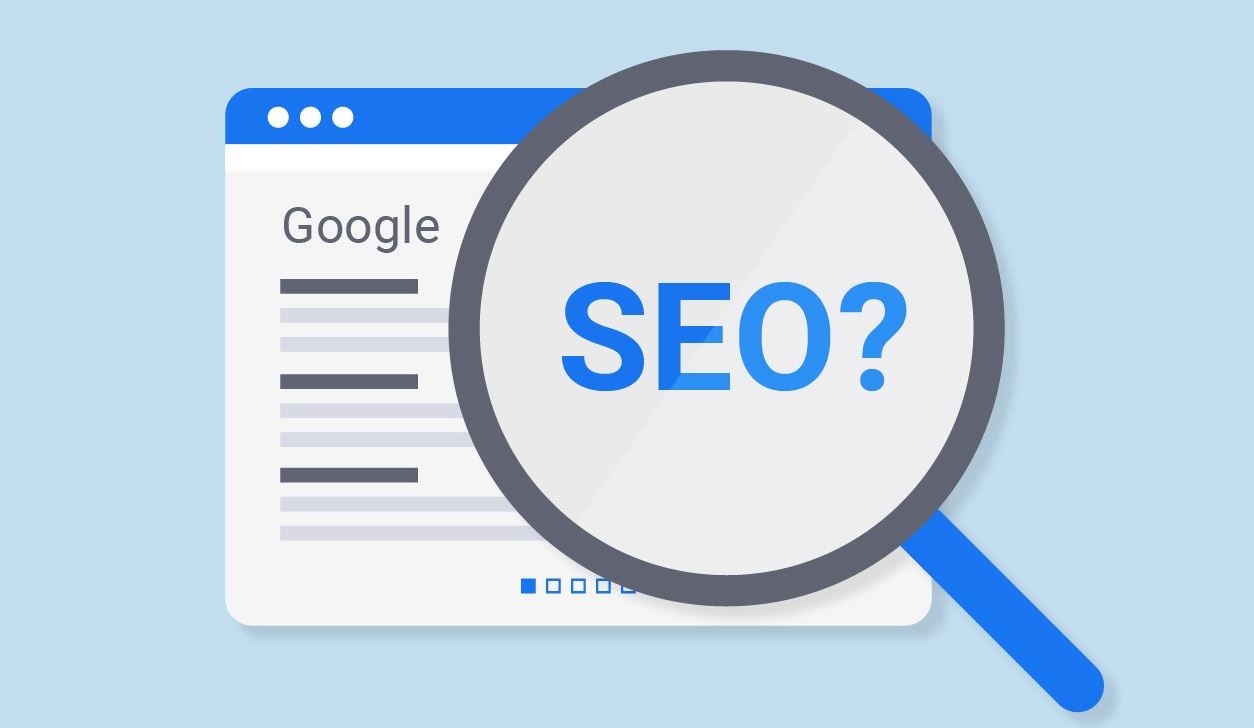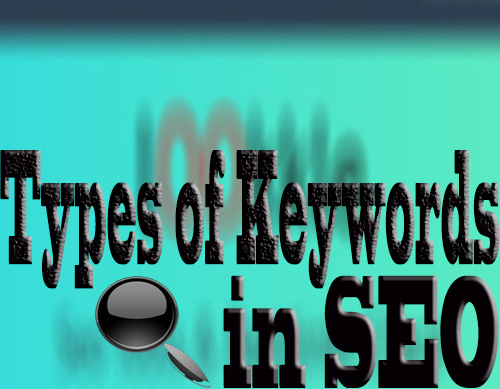
Introduction: The Secrets of the Search Engines
The search engines are a great way to find information quickly. They have become an integral part of our lives.
The first search engine was developed by Larry Page and Sergey Brin in 1996. It was called BackRub, and it operated by ranking the relevance of web pages based on the number of links pointing to them from other pages.
Today, there are many different types of search engines such as Yahoo! Search, Google Search, Bing Search and DuckDuckGo.
Researching a Keyword - Gathering Information on SEO Competitors - Breaking Down a Keyword
Keyword research is a key component of SEO. The goal of keyword research is to find out what people are searching for on the internet and then use that information to create web pages that will rank high in search engine results.
The first step in keyword research is to find out what people are searching for on the internet. There are many ways to do this, but the most popular way is by using Google Adwords.
Once you have found a keyword, it's time to break it down and see how competitive it is. This helps you determine if you should invest any time into creating content around this keyword or not.
Understanding Your Audience and What They Are Searching For
Understanding your audience is key to the success of your content. You need to know what they are looking for in order to give them what they want.
There are a few ways you can do this. One way is by using keyword research tools like Google Adwords, SEMrush, and Keyword Tool. These tools will help you find out which keywords people are searching for and how many people search for those keywords every month. You can then use these keywords in your content to generate more traffic, leads, and sales.
On-Page Optimization - Content Marketing - Link Building Strategies
On-Page Optimization is the process of making it easier for search engines to find and index your content. It can be done in a number of ways, but it's most important to do it well.
Some of the most common on-page optimization techniques are metadata, keywords, and links. Metadata is information about your content that helps search engines better understand what your page is about. Keywords are words or phrases that describe what your page is about and are used by search engines to find pages like yours in their database. Links are hypertexts that connect one page to another on the web, which serves as a signal for other sites linking back to yours.
Social Media and Blogs for SEO
The internet is an ever-changing landscape. What was once a simple form of communication has now evolved into an entire industry, with new ways to communicate and interact with the world.
Social media has been around for over a decade, and it's time to start looking at what it can do for SEO. The most popular social media platforms like Facebook, Instagram, and Twitter have all started to make changes in their algorithms to make sure that content is more easily found by users. This means that marketers are starting to take notice of how these platforms can be used for SEO purposes.
The main purpose of blogging is to generate traffic but the side benefit is that it’s also great for SEO purposes. Blogs are a great way to create content on your site so that search engines can index your site more easily and rank you higher in search results pages.
Tips on SEO and Online Business
Next Articles
Previous Articles















